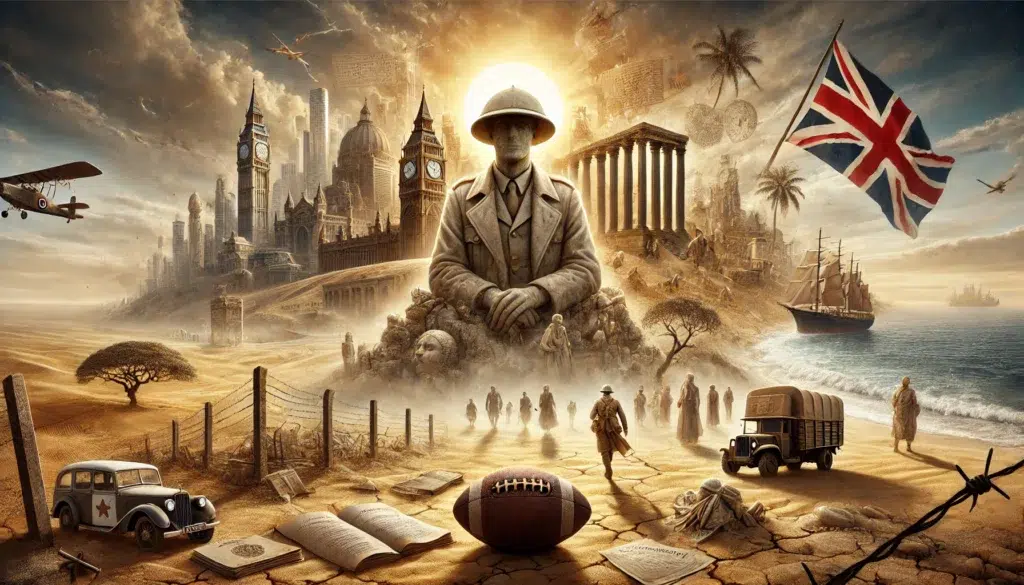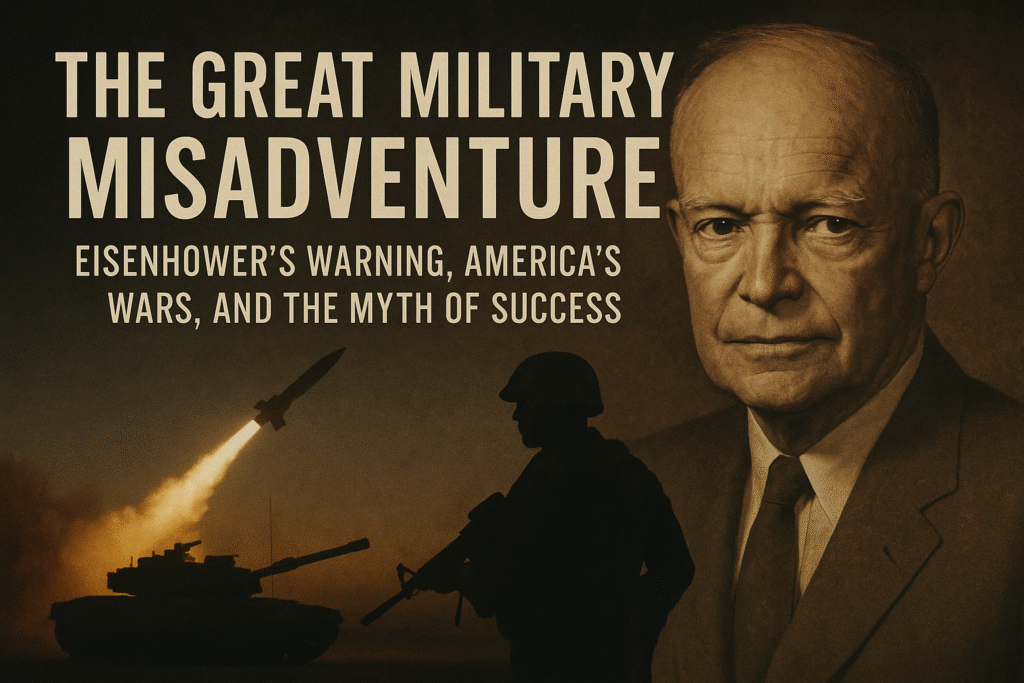Sir Richard Turnbull, the last British Governor of Aden, once quipped:
“When the British Empire finally sank beneath the waves of history, it would leave behind it only two monuments: one was the game of Association Football, the other was the expression ‘Fuck Off’.”
It’s an irresistibly sharp line — a comic dismissal of imperial grandeur — but Turnbull, like many former colonial administrators, understood the deeper truth: the British Empire may have dissolved on paper, but its fingerprints are everywhere.
For nearly 400 years, Britain exerted control over vast swathes of the globe. At its height, it was the largest empire in history, ruling over a quarter of the world’s population and landmass. As children in British and colonial classrooms were told for generations, “the sun never sets on the British Empire.”
But it’s not just history. It’s legacy.
Sathnam Sanghera’s Empireland puts forward a compelling case: while the empire itself may be gone, its impact is not. Every time you glance at an airport departures board, you’re reminded of empire. Cities like Melbourne, named after the British Prime Minister William Lamb, 2nd Viscount Melbourne. Or Adelaide, named after Queen Adelaide of Saxe-Meiningen, wife of King William IV. Renaming every place touched by colonialism would be an impossible task — because almost every place has been.
Yet the legacy goes deeper than place names. The very structure of many modern states — their borders, parliamentary systems, legal codes, and even sports — were shaped or imposed by the British. In Asia, Africa, and the Caribbean, many of today’s political tensions can be traced directly to lines drawn in London offices by men who knew little of the lands they carved up.
One of the most glaring examples is the Middle East.
The Balfour Declaration of 1917 — a letter from British Foreign Secretary Arthur Balfour to Lord Rothschild — expressed support for the establishment of a Jewish homeland in Palestine. It was a statement made in contradiction to earlier British promises to Arab leaders, who had been assured of independence in return for their support during the First World War.
“His Majesty’s Government view with favour the establishment in Palestine of a national home for the Jewish people…”
This small, bureaucratic sentence, made in imperial fashion without local consent, laid the groundwork for a century of conflict. Today’s tensions in Gaza, Israel, and Iran cannot be divorced from Britain’s imperial entanglements in the region.
This is just one example — Sanghera offers many more in Empireland — of how the British Empire shaped, and in some cases shattered, the modern world.
And the legacy doesn’t stop at borders or diplomacy. It touches the deepest and darkest corners of economic and social inequality. One of those is slavery.
A Brief Timeline of Abolition (and Aftermath)
Before Britain:
- 1803 – Denmark–Norway: First to ban the slave trade (but not slavery itself)
- 1804 – Haiti: Abolished slavery after a successful slave revolt
- 1794 – France: Abolished slavery during the French Revolution, but Napoleon reinstated it in 1802. Abolished again in 1848
Britain:
- 1807: Abolished the slave trade — but not slavery itself
- 1833: Slavery abolished across most of the British Empire
- 1838: Full emancipation after a controversial “apprenticeship” period — which in practice often resembled slavery under another name
After Britain:
- 1848 – France (permanently)
- 1863 – Dutch Empire (plus 10 years of forced apprenticeship, so effectively 1873)
- 1865 – United States (13th Amendment)
- 1880s – Spanish colonies (Cuba, Puerto Rico)
1888 – Brazil (the last major slaveholding nation to abolish slavery)
But even as abolition formally progressed, economic and racial inequalities continued. In the United States, formal emancipation in 1865 did little to stop the wave of discriminatory laws, social exclusion, and economic disenfranchisement that followed. Britain may have ended slavery in its colonies, but it paid £20 million in compensation — to the slave owners. The enslaved received nothing but “freedom” on deeply unequal terms.
So yes, Turnbull’s words sting with irony — the Empire may be underwater, but its legacy has not sunk.
And we haven’t even scratched the surface. There are so many things related to this we could talk about — if only we had the time.


